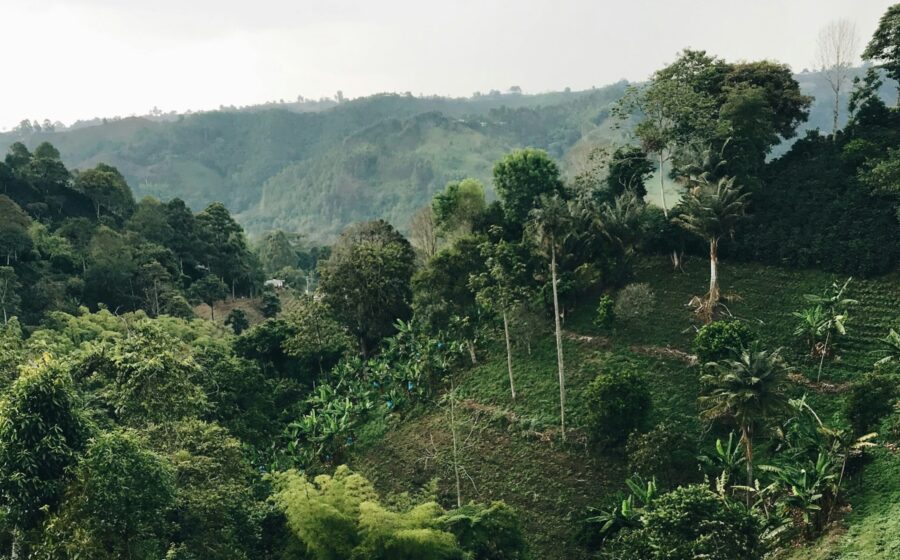✉️ This story was featured in this week’s Coffee News Club
👋 Get the Coffee News Club newsletter in your inbox weekly—sign up.
Climate change continues to impact arabica coffee production negatively. Lately, scientists have searched for different coffee varieties and species that might be more resistant to climate shocks. Researchers at Kew Royal Botanic Gardens in the United Kingdom might have discovered a viable alternative.
For years, botanists at Kew have been investigating stenophylla, a wild coffee species. They’ve been exploring the species’ commercial potential and recently discovered that stenophylla shares similarities with arabica in terms of flavor.
In a new study published in Science of Food, Kew researchers used chemical analysis to compare unroasted green samples of stenophylla and arabica coffee. They found that both species shared similarities in relative levels of caffeine, trigonelline, sucrose, and citric acid, all linked to coffee flavor.
“These results provide some explanation for observations that the flavour of stenophylla and Arabica coffees are similar, and that the flavour of stenophylla is Arabica-like,” the authors wrote.
This is promising because, for decades, most of the coffee industry has looked to robusta as an answer to climate change’s impact on arabica. Robusta has long been seen as a tougher and higher-yielding coffee option but has often been looked down on for its perceived lack of quality compared to arabica (this is an idea many have begun pushing back on). Also, robusta is more sensitive to temperature fluctuations and heat than previously thought.
Researchers also compared stenophylla to robusta, but the similarities were less apparent. There were also differences, notably theacrine, an alkaloid compound similar to caffeine found in stenophylla but not arabica. The authors note that this is the first time theacrine has been detected in any coffee species.
What makes the findings of this study so interesting is that arabica and stenophylla are not closely related genetically or geographically. The authors wrote that their chemical and flavor similarities are “remarkable.” Arabica is indigenous to the highlands of Ethiopia and South Sudan, whereas stenophylla is found across the continent in the lowland forests of Guinea, Sierra Leone, and other West African countries.
“Given similarities in flavour perception, yet differences in green bean chemistry, our study may be useful for gaining a better understanding of the chemical basis of coffee flavour,” the authors concluded. “It may also offer opportunities for sensory diversification and thus coffee market differentiation, against a background of a changing climate and the need to sustain global coffee supplies for the future.”
Read the full story from Daily Coffee News here. Read the study from Science of Food here.
















